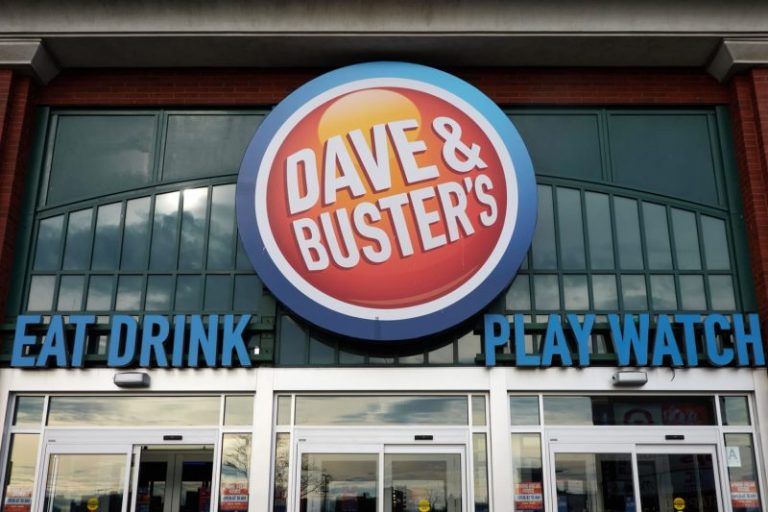Dave & Buster’s Plan to Allow Betting on Arcade Games Draws Scrutiny
The announcement by Dave & Buster’s to permit betting on arcade games has sparked a wave of controversy and scrutiny from various stakeholders. While some view this decision as a bold and innovative move to attract a wider audience and increase revenue, others are concerned about the potential negative consequences of mixing gambling with entertainment for all ages. As the debate rages on, it is essential to examine both the benefits and drawbacks of this controversial initiative.
One of the primary arguments in favor of allowing betting on arcade games at Dave & Buster’s is the potential for increased engagement and excitement among customers. By adding a gambling element to the traditional arcade experience, the company aims to appeal to a broader demographic, including adults who may be drawn to the prospect of winning cash prizes while enjoying classic games. This new feature could give Dave & Buster’s a competitive edge in the entertainment industry and help differentiate it from other similar venues.
Moreover, the introduction of betting on arcade games could lead to a significant boost in revenue for Dave & Buster’s. With the potential for customers to wager real money on their gaming skills, the company stands to capitalize on the growing trend of gamification in leisure activities. This new feature could attract both casual players looking for a fun and rewarding experience, as well as more serious gamers interested in testing their skills against others in a competitive setting.
Despite the potential advantages of allowing betting on arcade games, there are valid concerns about the ethical implications of this decision. Critics argue that introducing gambling into a family-friendly environment like Dave & Buster’s could blur the lines between entertainment and risky behavior. Allowing patrons to wager money on arcade games may also raise questions about the potential for addiction and irresponsible gambling practices, particularly among vulnerable populations.
Furthermore, the decision to integrate betting into arcade games at Dave & Buster’s could have broader societal impacts. By normalizing gambling in a recreational setting, the company may inadvertently contribute to the desensitization of individuals, especially young patrons, to the risks associated with betting. This could perpetuate a culture where gambling is seen as a harmless and fun activity, rather than a potentially harmful behavior that requires caution and moderation.
In conclusion, while Dave & Buster’s plan to allow betting on arcade games has the potential to drive increased engagement, revenue, and competitiveness, it also raises significant ethical and societal concerns. As the company faces scrutiny over this controversial initiative, it is crucial for stakeholders to engage in a thoughtful dialogue about the implications of mixing gambling with entertainment in a family-friendly setting. Ultimately, the decision to proceed with this new feature will require careful consideration of the potential benefits and risks involved, as well as a commitment to responsible practices that prioritize customer well-being above all else.



